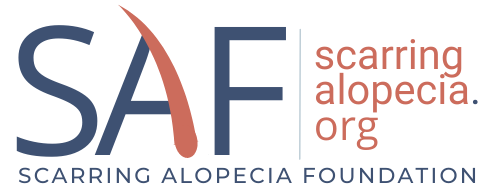
What is the safety of medications such as mycophenolate mofetil and PPAR-gamma agonists?
Lynne J. Goldberg, MD
Professor of Dermatology and Pathology
Boston University School of Medicine
Mycophenolate mofetil, also known as CellCept, is a potent drug that inhibits the immune system, particularly lymphocytes. It is used in various settings, including autoimmune diseases and organ transplantation. While generally well tolerated in relatively healthy patients at low doses, the most common side effects are gastrointestinal including nausea, diarrhea and cramping. Because the medication can suppress the blood making capability of the bone marrow, periodic lab testing is required. When used in certain populations, infections due to weakening of the immune system can occur. One small study showed that mycophenolate mofetil can be helpful in patients with lichen planopilaris who have not responded to other therapies.
PPAR-gamma stands for peroxisome proliferator-activated receptor gamma. Without getting too technical, this is a receptor in cells which, when activated, makes cells more sensitive to insulin and lowers blood sugar. Medications that activate this receptor are used to treat diabetes.
The PPAR-gamma receptor pathway has also been implicated as a cause of lichen plano-pilaris. A diabetes drug that activates this pathway, pioglitizone or Actos, has been tried in lichen planopilaris with some success. While generally well tolerated in low doses, pioglitazone can cause fluid retention and worsen or cause heart failure in susceptible individuals. It has also been linked to bladder cancer. Other common side effects include lowering of blood sugar and upper respiratory infections.
